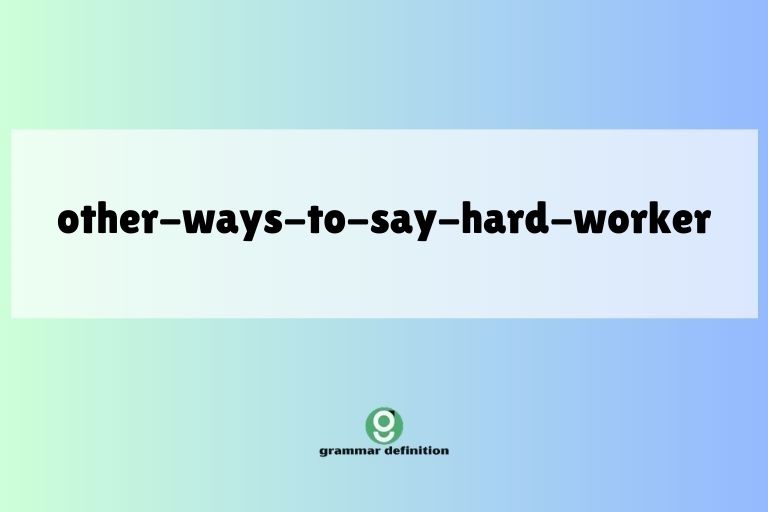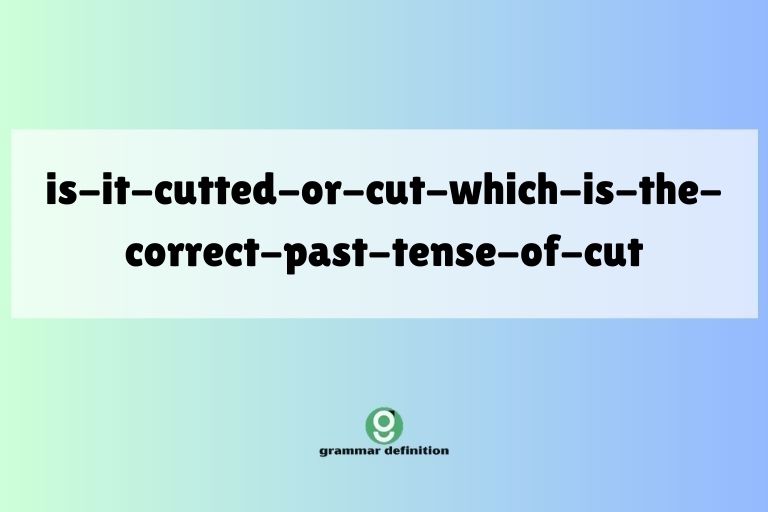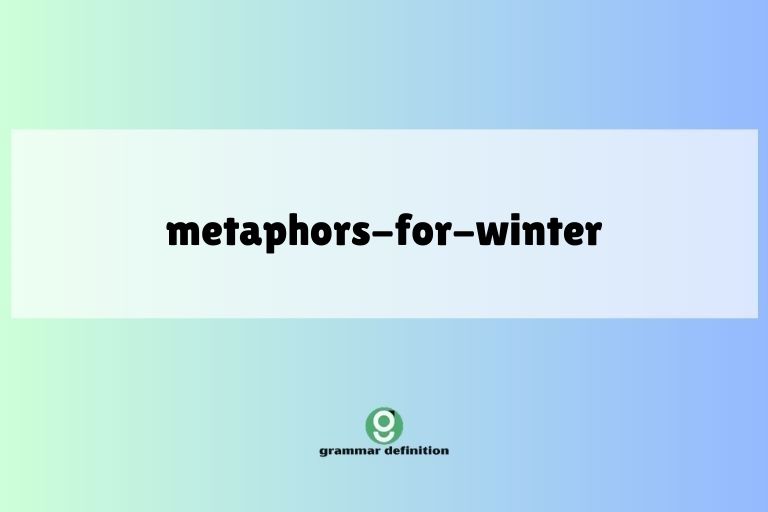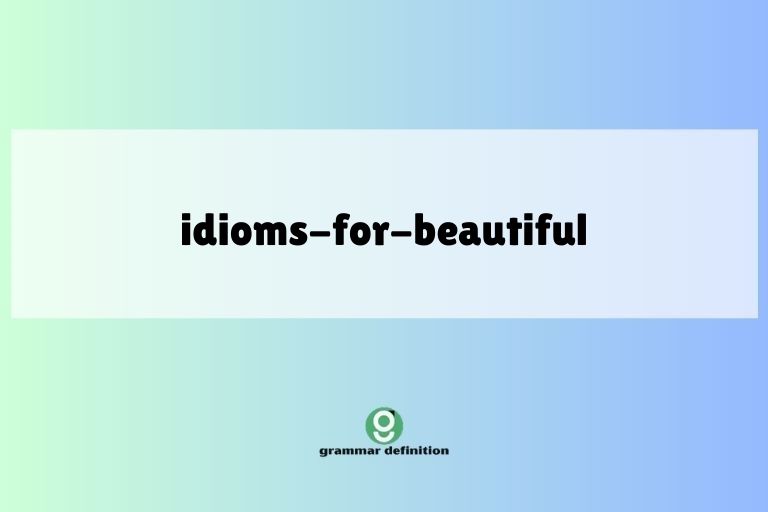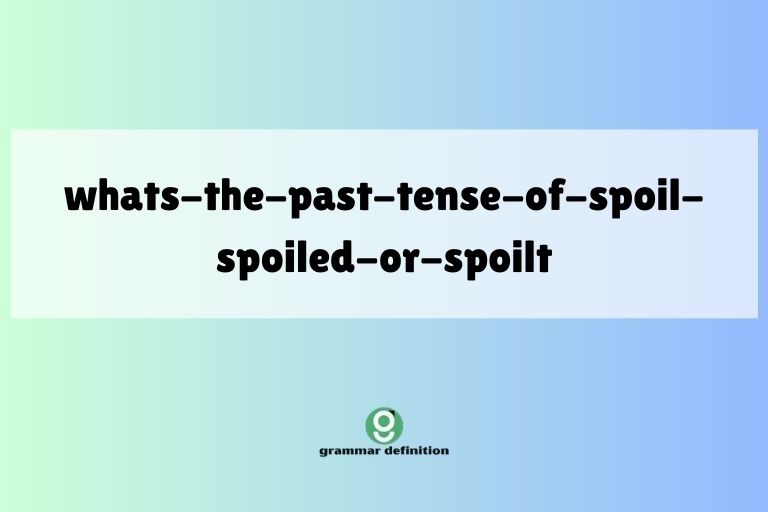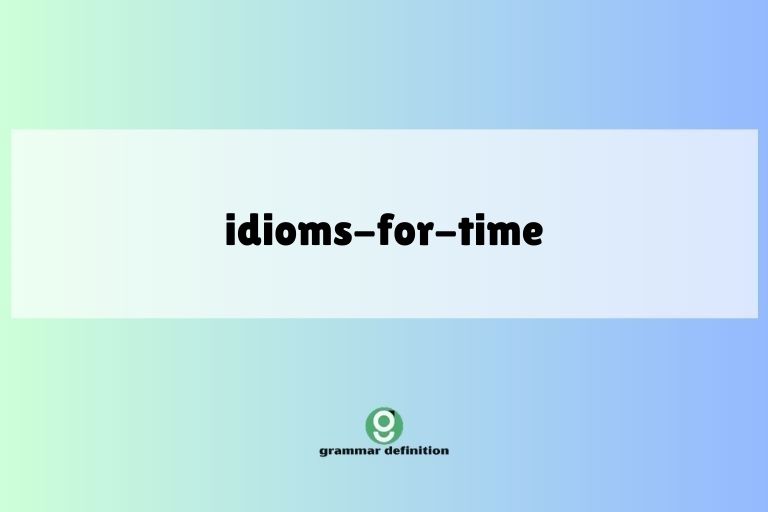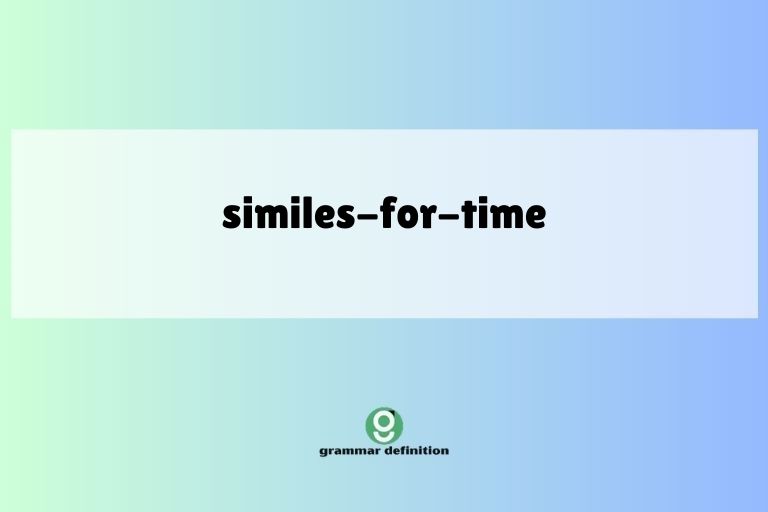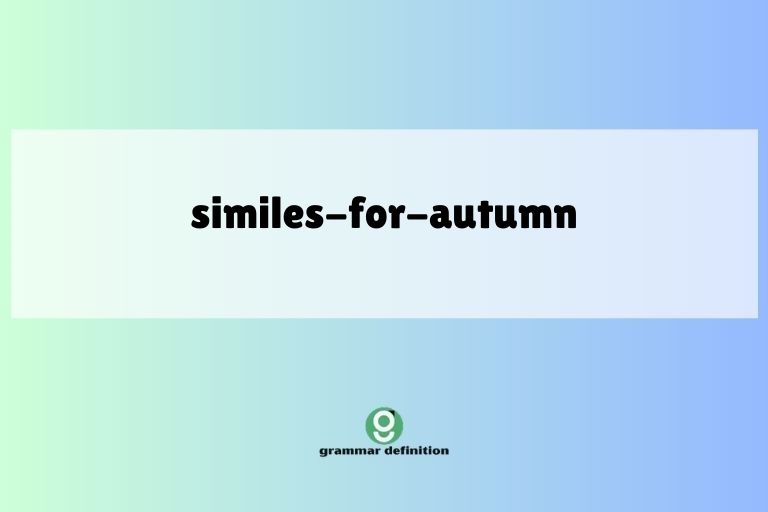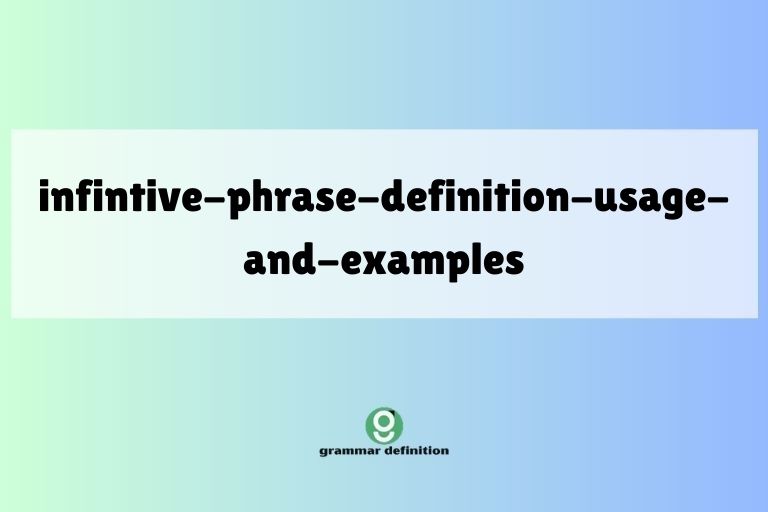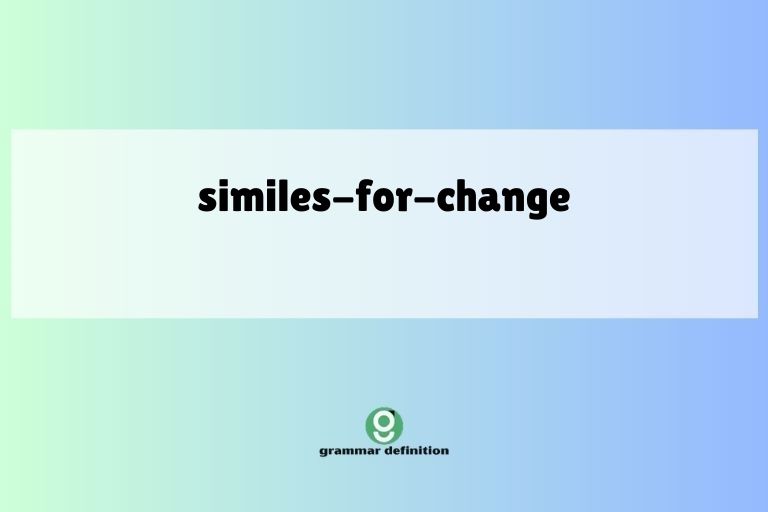Beyond “Hard Worker”: Expanding Your English Vocabulary
Describing someone as a “hard worker” is a common compliment, but English offers a wealth of more nuanced and descriptive alternatives. Understanding these synonyms and related phrases not only enriches your vocabulary but also allows you to provide more specific and impactful praise. This article explores various ways to say “hard worker,” categorized by their … Read more

